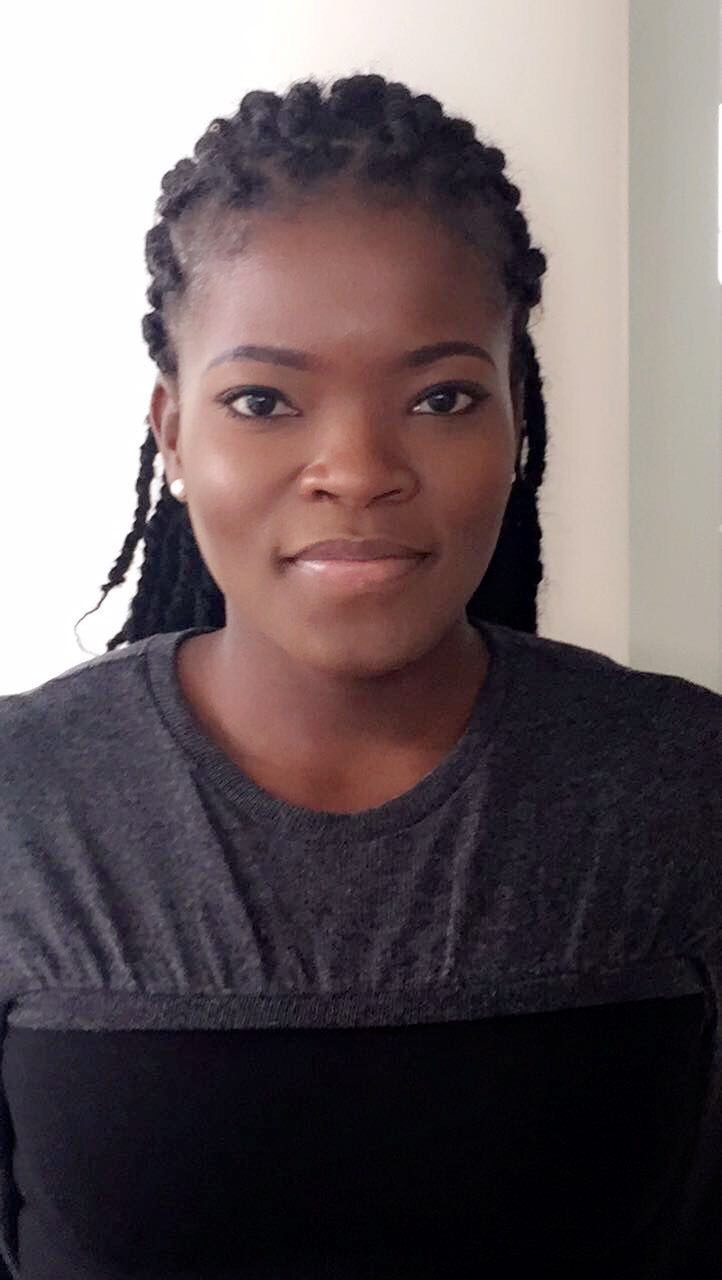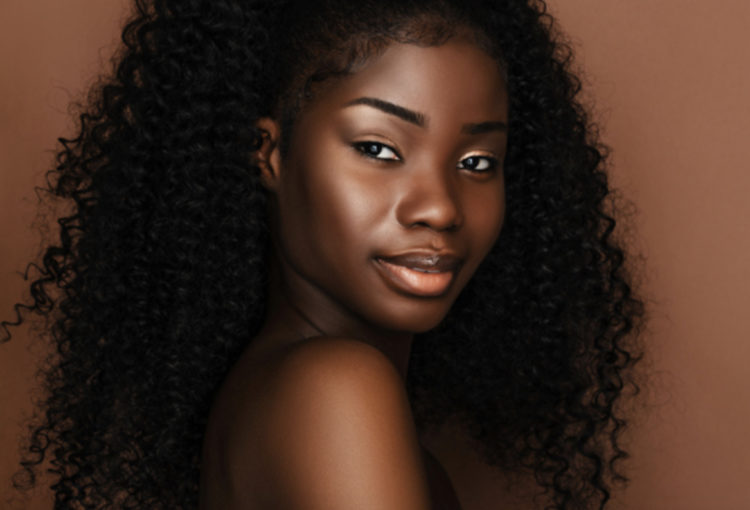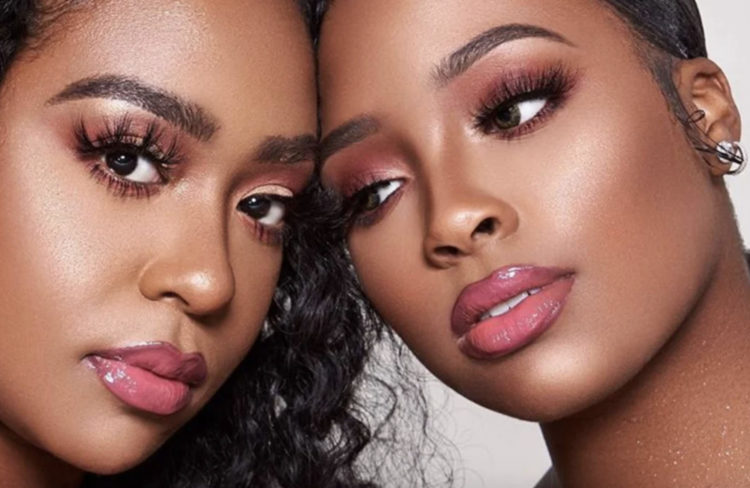As the world leader in beauty products, L’Oréal announced earlier this month the three winners of the 2020 edition of its African Hair and Skin Research Grant. The winners, Dr Yao Isidore Kouassi from Ivory Coast, Pr Rabenja Rapelanoro from Madagascar, and Pr Pascal Niamba from Burkina Faso were chosen by a jury of seven scientists. They will be awarded financial and mentorship support for their one-year research projects.
In addition to funding science through the grants, L’Oréal also unveiled AfricaDerm.com earlier this year. As the first dermatological website dedicated to African skin and hair concerns, it hopes to provide a centralized channel for the exchange of scientific information for all hair and skin experts in Sub-Saharan Africa.
We spoke with Damilola Fajuyigbe, a Nigerian molecular biologist on L’Oréal’s Scientific and Medical Strategy team. We asked her about the company’s plans for educating Africans about their skin and hair.

Why did L’Oréal create the grant ?
The L’Oréal Hair & Skin Grant initially started in 2002 in China, then we launched it 2007 in India, and expanded to Africa in 2013. Upon hosting various seminars and workshop across Africa, to share L’Oréal research on African hair and skin and learn from dermatologists in the different African countries, two key needs were identified.
Firstly, the need of a society for all African hair and skin experts, where they would be able to share ideas, scientific insights and treatments for the similar issues faced by their patients in the different regions of the continent.
Under the impulsion of a core group of African dermatology leaders and with the support of Dr Verschoore from L’Oréal, the first and only dermatology professional association for the whole African continent was created in 2015. It’s called ASDV, for African Society of Dermatology and Venereology.
Secondly, the clear need for a program to support more research into African hair and skin physiology was clear.
The objectives of the grant are to foster scientific research on African hair and skin in Africa; to finance a one-year basic and clinical research project or epidemiology study in Africa; to support researchers by providing visibility and connection to a network of experts on African hair and skin; and to utilize data generated by these African scientists to serve the African community, raising awareness and providing guidelines for hair and skin care.

What was your criteria for choosing the jurors?
We have jurors representing a variety of countries across Africa, including Senegal, South Africa and Nigeria. Each juror is recognized as an expert of African hair and skin. They all have different levels of expertise and thus bring this to the panel.
For example, Pr Mosam served as the chair of the jurors and is the Acting Head and Associate Professor at the School of Medicine, University Kwazulu-Natal in Durban, South Africa. Pr Mosam has published many scientific articles and she co-authored and edited an “Atlas of skin conditions associated with HIV/AIDS” as well as a “Comprehensive Textbook of Skin Diseases for Africa.”
Similarly Pr Ahogo of Abidjan, Ivory Coast specializes in pediatric dermatology and dermatopathology, with vast years of dermatological training in Ivory Coast, Senegal and France (and thus exposure to a wide dermatology landscape and insight). Dr Hilda Ashio Titiloye of Nigeria is the Clinic Director at the SKIN101 center, a full spectrum cosmetic medical facility with a medical spa, aesthetic clinic, dermatology clinic and plastic surgery unit all under one roof.

What are Africans’ biggest concern regarding their skin and hair?
Skin discoloration presents as a huge issue for all ages, from young to old. It presents in many different forms and is a big psychological burden. In an anthropological study that we carried out in Ivory Coast, we discovered that a significant percentage of people engaging in dangerous bleaching practices do so to remove their dark spots.
Many dermatologists report that skin dyschromia is one of the big reasons why women with dark skin seek clinical consultation. We have thus carried out research showing that the daily use of sunscreen with a good amount of UVA filter will effectively even out the skin tone and reduce the intensity of the dark spots, without any of the dangerous side effects of bleaching products.
For hair, cosmetically, it is the inability to retain hair length and other clinical conditions such as traction alopecia. We recently performed an interesting study on the impact of grooming habits on afro hair and the results showed that even the simple combing of afro hair can induce damage which leads to breakage. This data will be published soon. It is therefore important to stress the importance of scientifically backed hair care solutions to strengthen the hair fibres regardless of the grooming practices.

